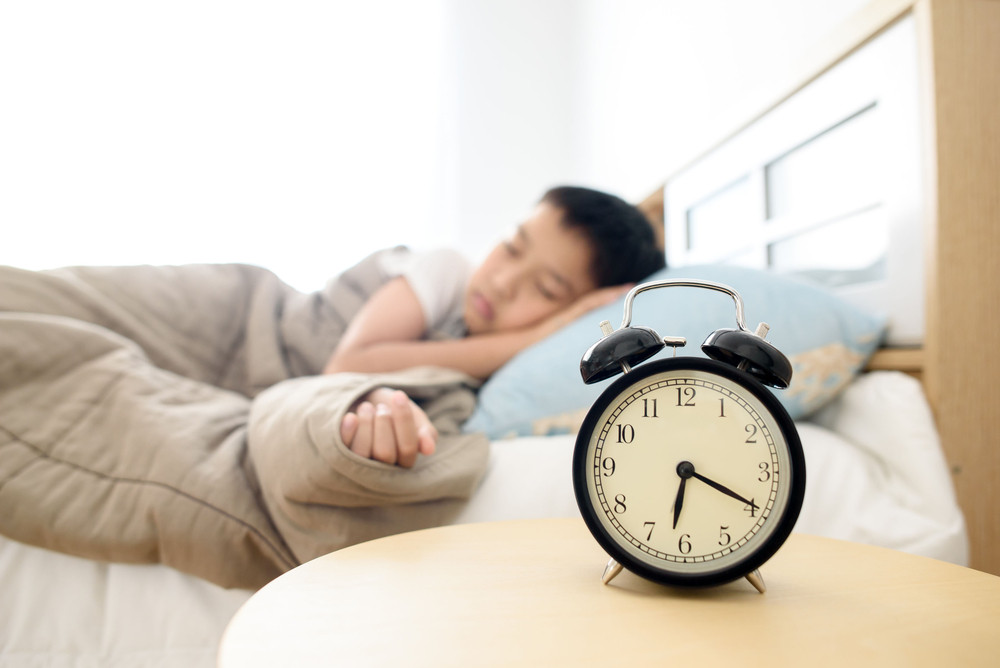How To Get Enough Sleep? Sleeping well directly affects your mental and physical health. Fall short and it can take a serious toll on your daytime energy, productivity, emotional balance, and even your weight. Here are defining How to Get Enough Sleep.

How To Get Enough Sleep?
Overview
It’s important to get enough sleep. Sleep helps keep your mind and body healthy.
How much sleep do I need?
The majority of adults require seven or more hours of high-quality sleep on a consistent schedule each night.
Getting enough slumber is not solely dependent on total hours slept. It’s also essential to get quality sleep on a regular schedule so that you wake up feeling refreshed.
Consult your physician if you frequently have difficulty sleeping or if you frequently feel fatigued after sleeping.
How much sleep do children need?
Kids need even more sleep than adults:
- Teens need 8 to 10 hours of sleep each night
- School-aged children need 9 to 12 hours of sleep each night
- Preschoolers need to sleep between 10 and 13 hours a day (including naps)
- Toddlers need to sleep between 11 and 14 hours a day (including naps)
- Babies need to sleep between 12 and 16 hours a day (including naps)
- Newborns need to sleep between 14 and 17 hours a day
Health Benefits
Why is getting enough sleep important?
Getting enough sleep has many benefits. It can help you:
- Get sick less often
- Stay at a healthy weight
- Lower your risk for serious health problems, like diabetes and heart disease
- Reduce stress and improve your mood
- Think more clearly and do better in school and at work
- Get along better with people
- Make good decisions and avoid injuries — for example, drowsy drivers cause thousands of car accidents every year
Sleep Schedule
Does it matter when I sleep?
Yes. Your body adjusts your “biological clock” based on the local pattern of daylight. This allows you to fall asleep naturally at night and remain alert during the day.
If you are required to labor at night and sleep during the day, you may have difficulty obtaining sufficient rest. It can also be difficult to sleep when traveling across time zones.
Get sleep tips to help you:
- Work the night shift
- Deal with jet lag (trouble sleeping in a new time zone)
Trouble Sleeping
Why can’t I fall asleep?
Many things can make it harder for you to sleep, including:
- Stress or anxiety
- Pain
- Certain health conditions, like heartburn or asthma
- Some medicines
- Caffeine (usually from coffee, tea, and soda)
- Alcohol and other drugs
- Untreated sleep disorders, like sleep apnea or insomnia
If you’re having trouble sleeping, try making changes to your routine to get the sleep you need. You may want to:
- Change what you do during the day — for example, get your physical activity in the morning instead of at night
- Create a comfortable sleep environment — for example, make sure your bedroom is dark and quiet
- Set a bedtime routine — for example, go to bed at the same time every night
Also read: 6 Health Benefits of Guava Juice
Sleep Disorders
How can I tell if I have a sleep disorder?
Sleep disorders can cause many varied problems. Keep in mind that occasional difficulty napping is not uncommon. Those with sleep disorders typically encounter these issues frequently.
Common signs of sleep disorders include:
- Trouble falling or staying asleep
- Still feeling tired after a good night’s sleep
- Sleepiness during the day that makes it difficult to do everyday activities, like driving or concentrating at work
- Frequent loud snoring
- Pauses in breathing or gasping while sleeping
- Tingling or crawling feelings in your legs or arms at night that feel better when you move or massage the area
- Feeling like it’s hard to move when you first wake up




